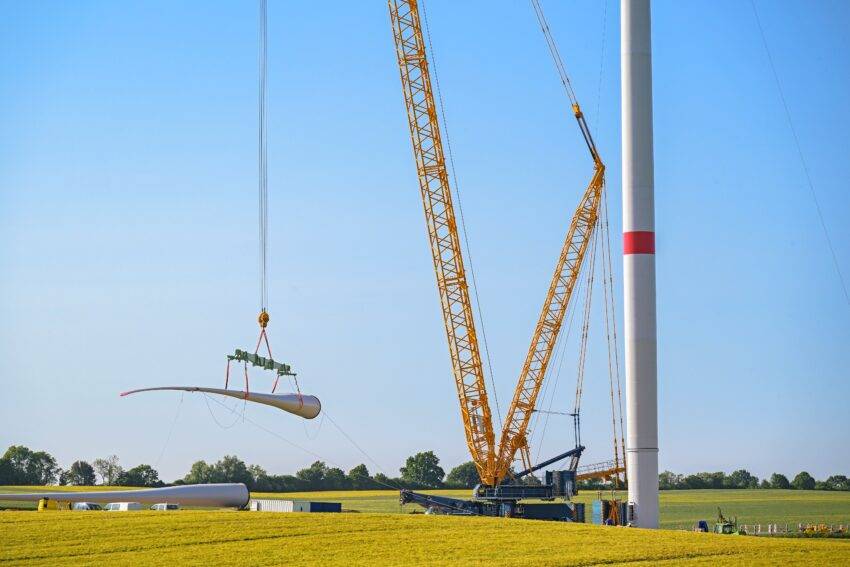
More than £6 billion was erased from the London stock market’s energy and water sectors after National Grid revealed plans for a major fundraising effort and fears that an upcoming election might delay energy policy decisions.
The FTSE 100 company announced a near-£7 billion rights issue, marking the largest fundraising by a European non-bank entity in 15 years. Proceeds from the £6.8 billion, fully underwritten rights issue will support a £60 billion investment programme over the next five years, almost double the previous period’s expenditure. Over half of this investment will enhance the UK’s electricity distribution and transmission infrastructure, with the remainder allocated to network improvements in New York and New England.
The new shares will be priced at 645p each, reflecting a discount of nearly 35 per cent to Thursday’s closing price. National Grid anticipates this investment will expand its asset base at an average compound annual growth rate of 10 per cent through 2029, and boost earnings by 6-8 per cent annually from 2025.
Following the announcement, National Grid shares plummeted by 122.5p, or 10.9 per cent, to £10.05, while other energy firms, including Centrica and SSE, also saw significant declines. Deepa Venkateswaran, an analyst at Bernstein, attributed the sell-off to a combination of National Grid’s fundraising and potential policy delays due to the forthcoming general election.
The rights issue was unveiled shortly after Prime Minister Rishi Sunak called for an election, raising the possibility of a Labour government assuming power in July.
Water companies were hit harder, with Pennon and Severn Trent shares dropping by 7.1 per cent and 5 per cent, respectively. Analysts at Citi suggest these declines are linked to political risks, such as potential dividend restrictions under a Labour government.
John Pettigrew, National Grid’s CEO, asserted that the political parties are aligned on the necessity of infrastructure for the energy transition, minimising the impact of a potential government change on the company’s plans.
Additionally, National Grid intends to streamline its operations by selling its liquefied natural gas terminal in Kent and its US renewables business. A dividend of 58.52p per share will be adjusted to reflect the rights issue and will increase in line with CPIH from next year.
Despite the larger-than-expected rights issue, Pettigrew reported unanimous shareholder support prior to the announcement. He also indicated that the investment would not significantly raise customers’ bills. “This investment will marginally increase network costs but will facilitate lower-cost renewable energy connections, reducing exposure to volatile global gas prices,” Pettigrew explained, noting the impact of recent gas price surges following the Ukraine conflict.
Based on the current price cap, the typical household energy bill of approximately £1,800 annually includes £22 for upgrading the electricity transmission network, with costs distributed over 40 to 60 years.